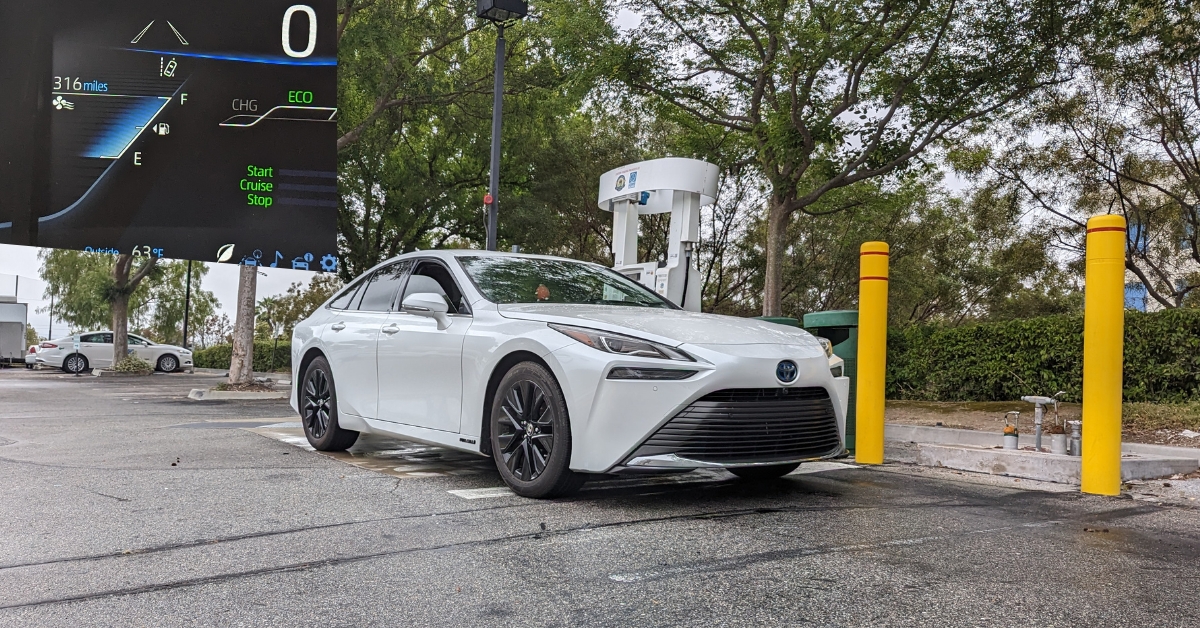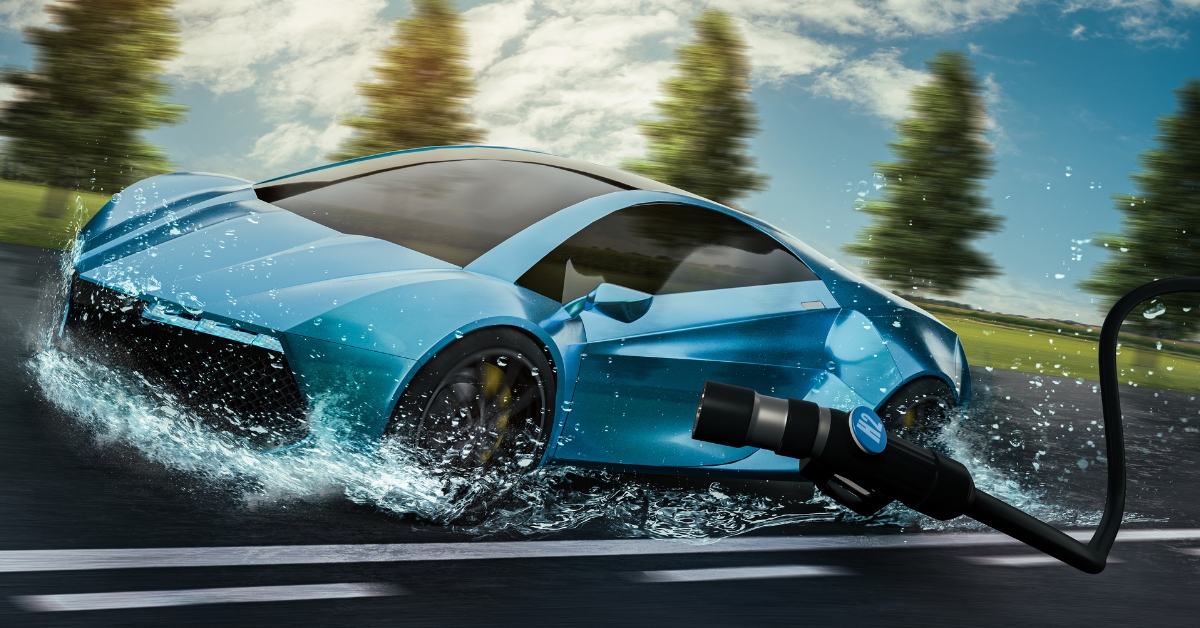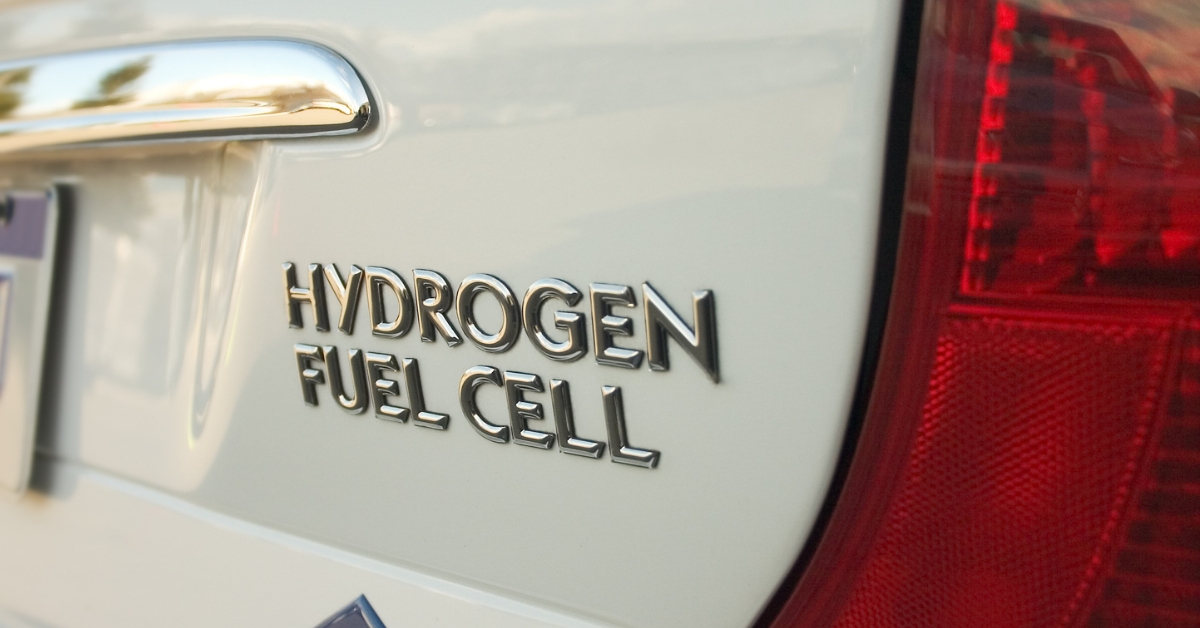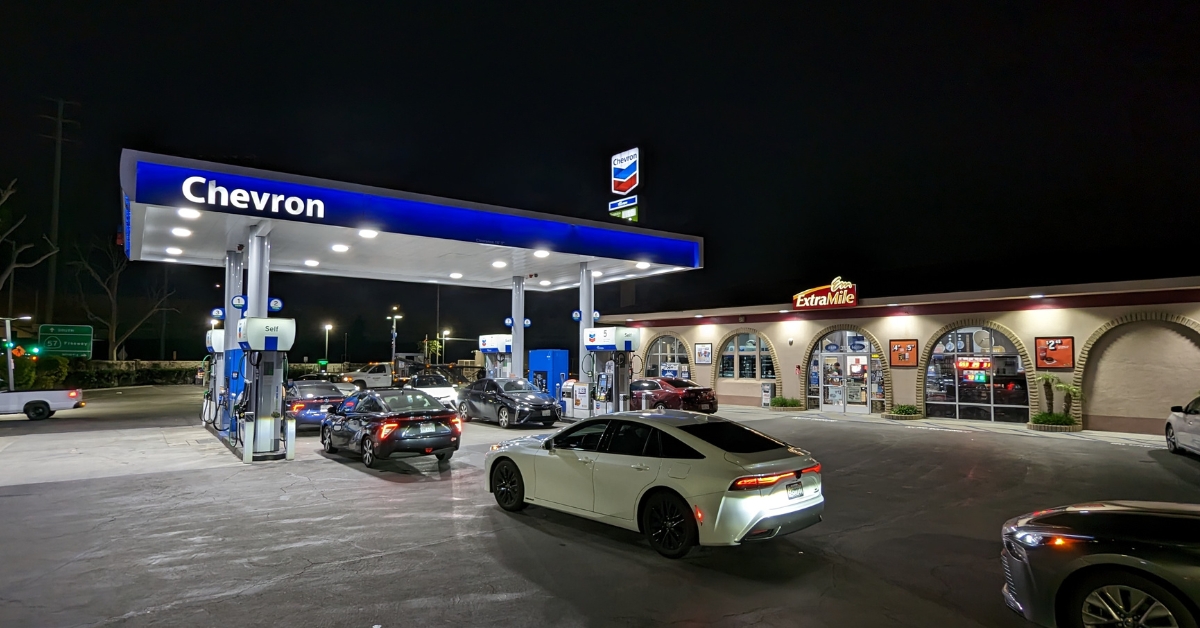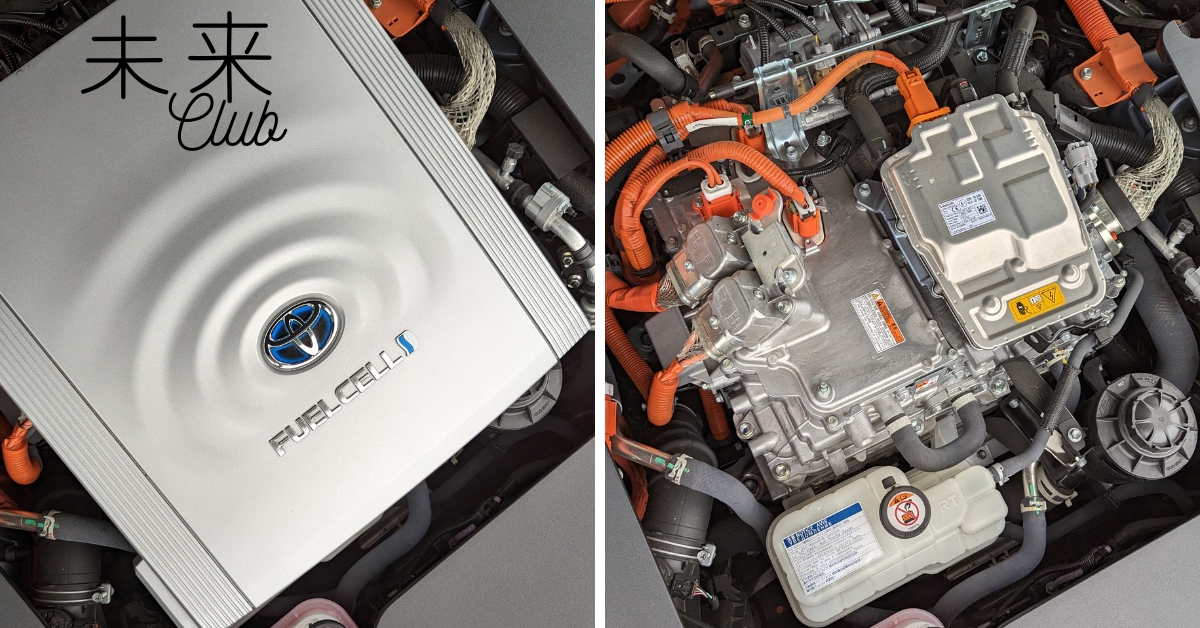Hydrogen fuel cell vehicles have gained attention as an environmentally friendly alternative to traditional internal combustion engines. These vehicles produce zero tailpipe emissions, with their only byproduct being water vapor. However, like any technology, hydrogen cars face challenges, and one of them is the impact of air conditioning (AC) on their range. This article delves into the relationship between AC usage and hydrogen car range, shedding light on the efficiency trade-off that exists.
Understanding Hydrogen Car Range: Hydrogen vehicles utilize fuel cells that convert hydrogen into electricity, powering an electric motor to propel the vehicle. Unlike battery electric vehicles, hydrogen cars have a fuel tank and require hydrogen refueling, which can be done in a matter of minutes. The range of a hydrogen car depends on factors such as the vehicle’s efficiency, hydrogen storage capacity, driving conditions, and auxiliary power usage.
Air Conditioning and Range Reduction: Air conditioning in vehicles is essential for maintaining comfortable interior temperatures, especially during hot summers or in regions with a warmer climate. However, AC systems consume electrical power, which directly affects the overall efficiency of the vehicle. In hydrogen cars, the power for the AC system is derived from the fuel cell, thereby reducing the available energy for propulsion.
- Energy Consumption: Air conditioning systems require a significant amount of electrical power to operate, typically drawing power from the vehicle’s battery or the fuel cell in the case of hydrogen cars. This additional power demand leads to increased energy consumption, ultimately impacting the vehicle’s range. Depending on the efficiency of the AC system and the driving conditions, the range reduction can vary.
- Power Diversion: When the AC system is turned on, the fuel cell’s electrical output must be divided between the propulsion system and the AC compressor. Diverting power to the AC system decreases the energy available for driving, resulting in a reduction in the vehicle’s overall range. The extent of the range reduction depends on factors such as the AC system’s power requirements, the efficiency of the fuel cell, and the desired interior temperature.
- Thermal Management Systems: Hydrogen fuel cell vehicles often incorporate sophisticated thermal management systems to regulate the temperature of the fuel cell stack and maintain optimal operating conditions. These systems play a crucial role in preventing overheating and optimizing the fuel cell’s efficiency. However, when the AC is used, additional power is diverted to the cooling systems, further impacting the available energy for propulsion and reducing the vehicle’s range.
Mitigating the Range Reduction: While using the AC in a hydrogen car has a direct impact on the vehicle’s range, several measures can be taken to mitigate this reduction:
- Efficient AC Systems: Advancements in AC technology can lead to more efficient systems that require less power to maintain comfortable interior temperatures. Manufacturers can focus on developing AC compressors with reduced power requirements and improving insulation within the vehicle to minimize heat gain.
- Energy Management Strategies: Intelligent energy management systems can optimize the distribution of power between the AC system and the propulsion system. These systems can dynamically adjust power allocation based on factors such as outside temperature, passenger comfort levels, and remaining range, ensuring a balance between interior comfort and range preservation.
- Preconditioning: Preconditioning the vehicle while it is still connected to an external power source, such as a charging station or hydrogen refueling station, can help reduce the impact of AC usage on range. By cooling the cabin before departure, the reliance on the AC system while driving can be minimized, preserving more energy for propulsion.
Conclusion: While air conditioning plays a vital role in passenger comfort, its usage in hydrogen cars comes at the expense of reduced range due to the additional power required. As the automotive industry continues to advance, finding ways to minimize this trade-off is crucial. Through the development of more efficient AC systems, intelligent energy management strategies, and effective preconditioning methods, the impact of AC usage on hydrogen car range can be mitigated. By striking a balance between passenger comfort and energy efficiency, hydrogen vehicles can offer a practical and sustainable transportation solution for the future.

